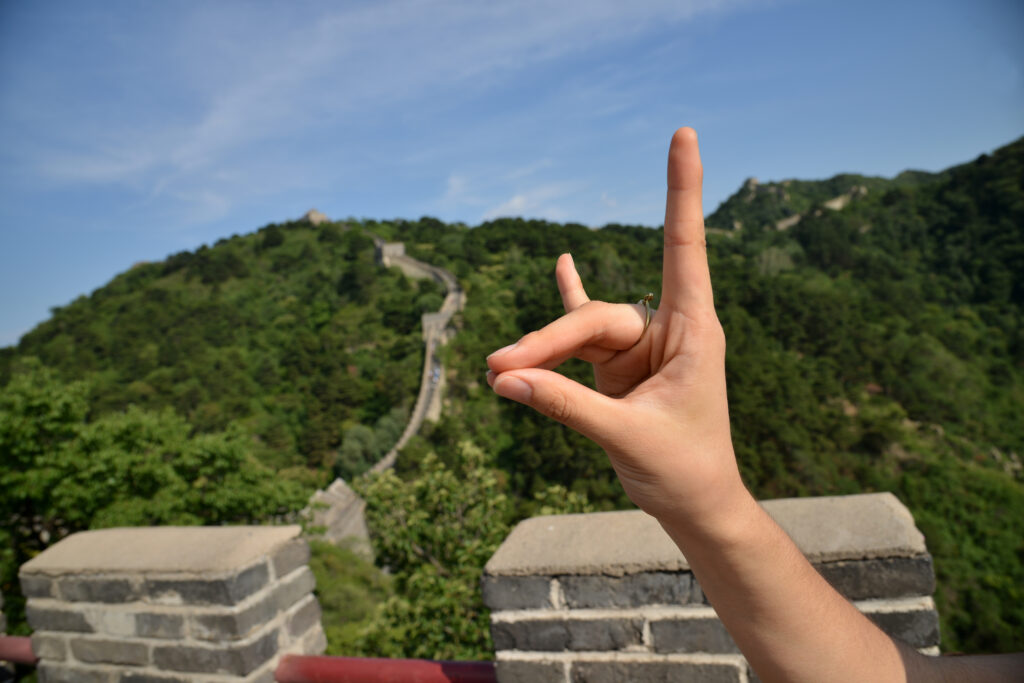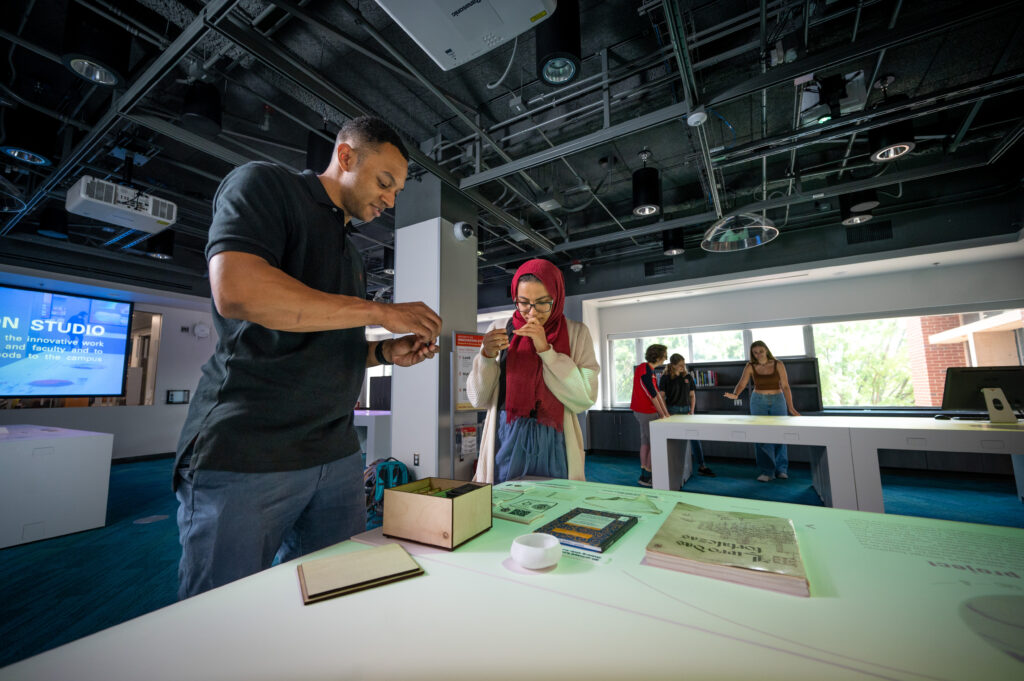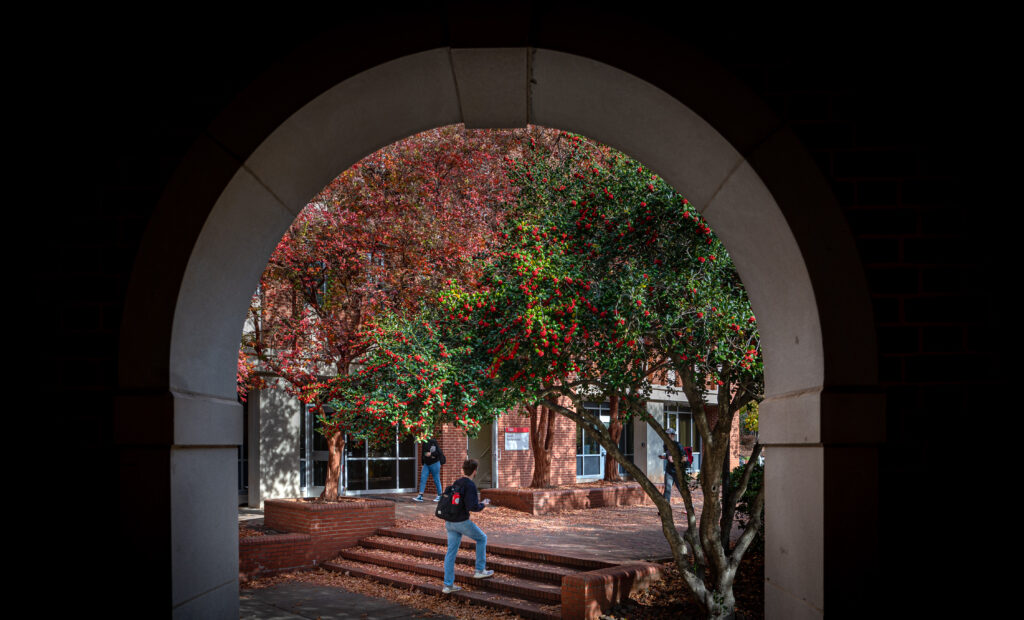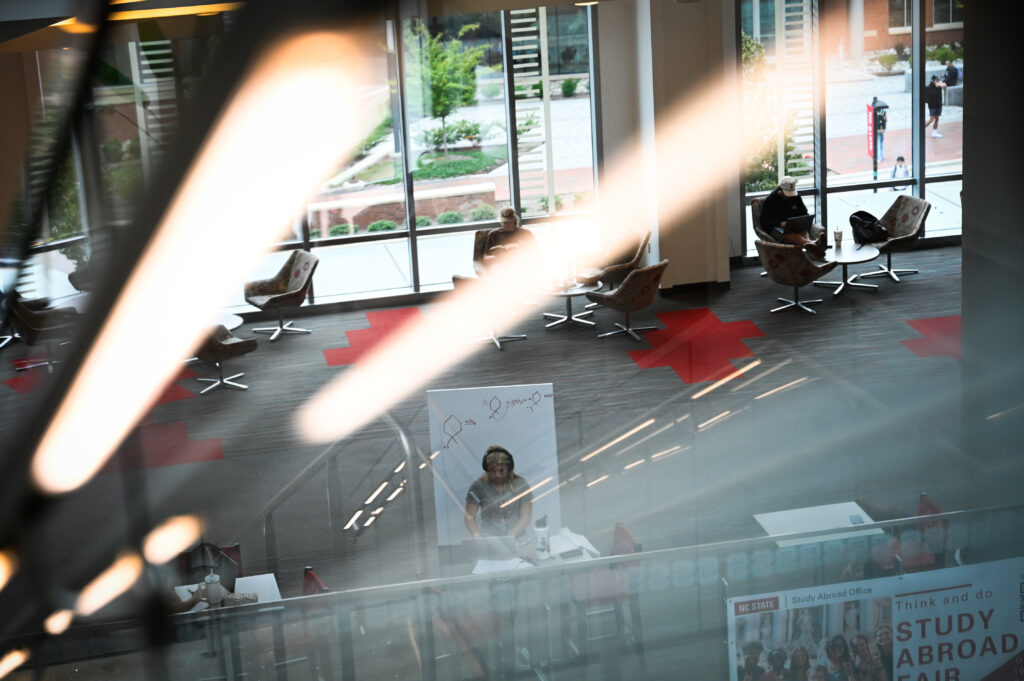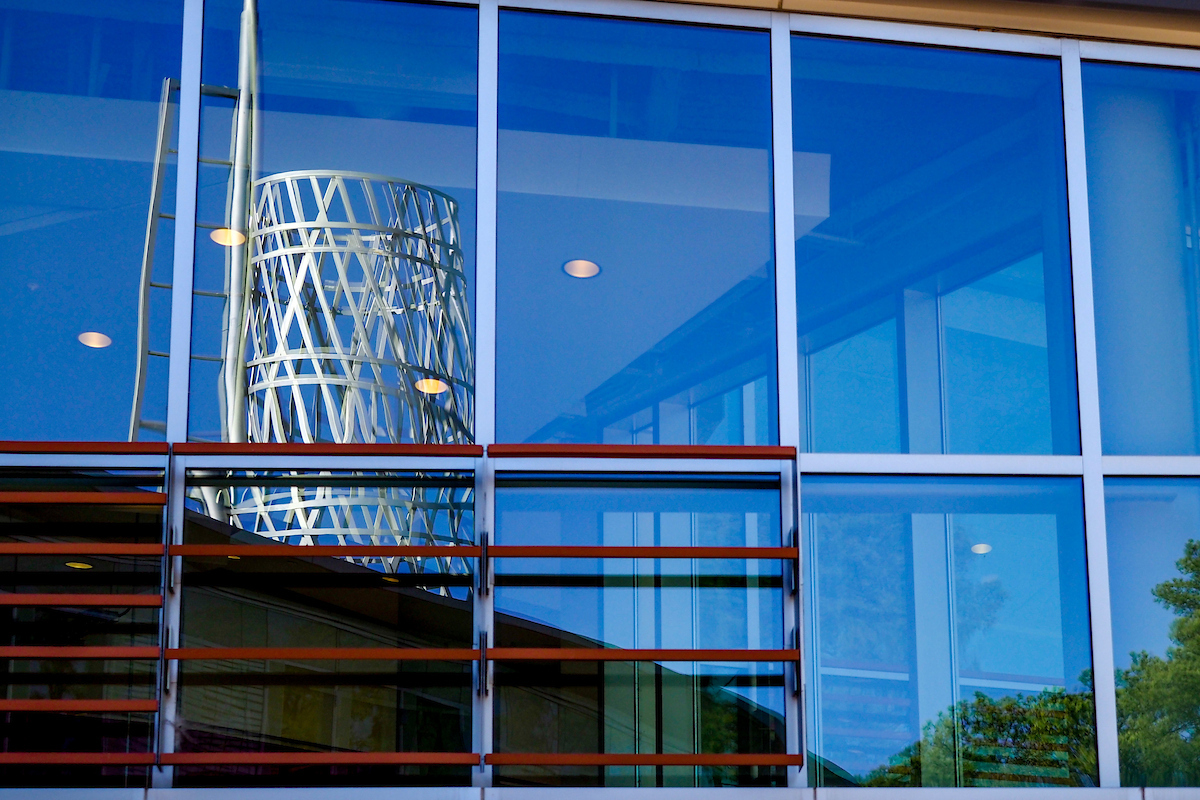
Global Project Supplement Fund
NC State Global supports faculty and staff through an annual fund that provides up to $1,000 travel awards to encourage global engagement.
The Global Project Supplement Fund (formerly the International Travel Assistance Fund) encourages and supports faculty or staff international engagement in research, teaching and other scholarly activities. Faculty and staff can request up to $1,000 to use towards either international travel or virtual projects that relate to NC State’s global strategic plan.
Up to ten applicants will be selected for funding throughout the fiscal year. Applications will be evaluated in terms addressing a topic of global significance as well as the articulation of clear and measurable goals with achievable outcomes. Priority will be given to projects that involve two or more of the following:
Collaboration
with NC State Global strategic partners.
COIL
(Collaborative Online International Learning) experiences embedded in courses.
Participation
in varied geographic regions or involving underrepresented faculty, students, staff or disciplines.
What it does
The supplemental fund will defray costs associated with project expenses or travel for academic purposes including, but not limited to: research collaboration, partnership development, study abroad program development, international collaboration on virtual/online course development or other scholarly activities.
Eligibility:
- All full-time, permanent NC State employees are eligible to apply for funding.
- Project Supplement funds are not intended to support individual conference attendance, but rather are intended for enhancing partnership development and other sustainable models of engagement. Exceptions may be granted if conference attendance occurs in conjunction with additional global engagement activities.
Timeline:
- Fall deadline: October 2025
- Spring deadline: February 2026
- Application deadline: 5:00 pm on each listed deadline (see application cycle above)
- Late submissions will not be considered.
- Questions can be directed to ncstateglobal@ncsu.edu
Criteria for submission and evaluation
Past Recipients
2023 Recipients
- Tania Allen, College of Design
- Design and Social Innovation [Greece]
- David Ambaras, College of Humanities and Social Sciences
- Maritime Connections and Japanese World Making, 1950s-1960s [Japan]
- Yang Cheng, College of Humanities and Social Sciences
- Artificial Intelligence and Mental Health: A Research Collaborative Project with Course Design [China]
- Michelle Falter, College of Education
- Kenya Inquiry Initiative 2023 [Kenya]
- Gregory Lewbart, College of Veterinary Medicine
- Strengthening Graduate Student Mentoring for Teaching a Wildlife Veterinary Study Abroad [South Africa]
- Seth Murray, College of Humanities and Social Sciences
- Global Leadership and Citizenship in Sustainability Studies [France]
- Matt Reynolds, College of Education
- Kenya Inquiry Initiative 2023 [Kenya]
2022 Recipients
- Joseph L. Donaldson, College of Agriculture and Life Sciences
- Internationalizing Extension Education Undergraduate and Graduate Courses [Greece]
- James McConnell, College of Humanities and Social Sciences
- Summer Study Abroad in Sevilla [Spain]
- Christa Gala, College of Humanities and Social Sciences
- A Struggling Free Press: Fake News and Conspiracy Theories [Czech Republic]
2021 Recipients
- Joseph Roise, College of Natural Resources
- World Forestry Congress [S. Korea]
- Chad Hoggan, College of Education
- International Comparative Adult Education [Ukraine]
2020 Recipients
- Scott Townsend, College of Design
- Living histories: an educational research and design project toward creating heritage preservation practices and intergenerational community dialogue on local history(ies) [Greece]
- Inga Meadows, College of Agriculture and Life Sciences
- Engaging industry vegetable breeders to improve host disease resistance [The Netherlands]
- Paul Brinkman, College of Humanities and Social Sciences
- Developing a new study abroad opportunity in Ecuador [Ecuador]
2019 Recipients
- Jason Bocarro, College of Natural Resources
- “EventRights: Addressing inequality, enhancing diversity and facilitating greater dialogue in the hosting of sporting mega-events”
- Jason Coupet, College of Humanities and Social Sciences
- “Diversifying the Public Sector”
- Huiling Ding, College of Humanities and Social Sciences
- “Recruiting Trip in China to Help Build 3+2 Programs in Technical Communication”
- Michelle Falter, College of Education
- “Strengthening Global Readiness in Kenya through Inquiry-Based Teaching”
- Fernando Garcia Menendez, College of Engineering
- “Developing Strategies to Understand and Mitigate Air Pollution in Bogota, Colombia”
- Marsha Gordon, College of Humanities and Social Sciences
- “Archivally-Oriented Global Film Festivals”
- Karl Jicha, College of Agriculture and Life Sciences
- “Sustainable Agriculture Practices in an Island Hinterland Setting: Case Study of Carriacou, Grenada”
- Joshua Kearns, College of Engineering
- “Environmental Technologies for Health and Development in Yunnan, China”
- Juliana Nfah-Abbenyi, College of Humanities and Social Sciences
- “Document Communication Practices of the Buganda Royal Family”
- Kemafor Ogan, College of Engineering
- “Developing Data Banks for the West African Emerging Pathogens Biobanks Project”
- Nicholas Robins, College of Humanities and Social Sciences
- “Research and Partnership Development in Peru”
- Erin Seekamp, College of Natural Resources
- “Transparent Prioritization of Cultural Resources and Adaptation Optimization to Inform Heritage Planning and Decision-making in a Changing Climate”
